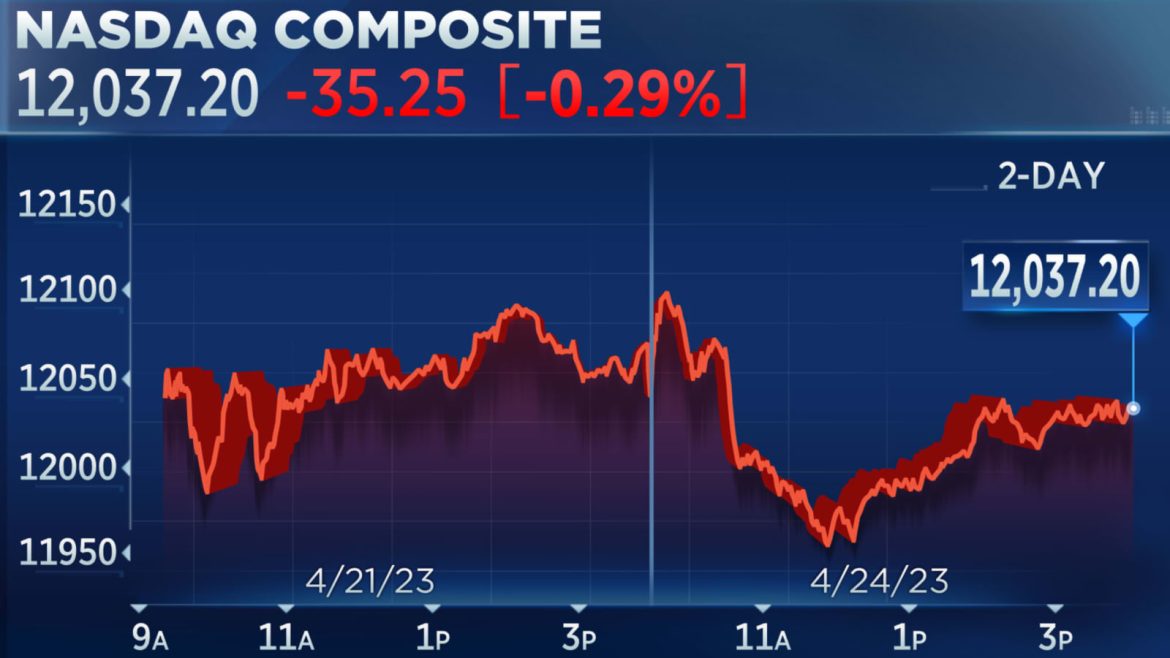Introduction
The US stock market has long been recognized as a key indicator of economic health and a major driver of global financial markets. Over the years, it has witnessed significant growth and transformation, reflecting the changing dynamics of the economy. This article aims to provide an in-depth analysis of recent trends in the US stock market and their implications for investors, as well as answer some frequently asked questions.
- Recent Trends in the US Stock Market
Rise of Technology and Innovation
In recent years, technology and innovation have emerged as dominant sectors in the US stock market. Companies like Apple, Amazon, Microsoft, and Alphabet (Google) have consistently delivered robust financial performance, driving the overall market. The rapid advancements in areas such as artificial intelligence, cloud computing, and e-commerce have fueled investor optimism and attracted significant capital inflows.
Increased Volatility
Volatility has become a defining characteristic of the US stock market in recent times. While stock prices have experienced substantial gains, they have also witnessed sharp declines, often triggered by geopolitical tensions, global economic uncertainties, or unexpected events such as the COVID-19 pandemic. This heightened volatility underscores the importance of risk management strategies and the need for long-term investment perspectives.
Growth of Sustainable Investing
Sustainable investing, which integrates environmental, social, and governance (ESG) factors into investment decisions, has gained considerable momentum in the US stock market. Investors are increasingly seeking companies that align with their values and demonstrate strong ESG practices. This trend has not only influenced stock prices but has also encouraged companies to adopt more responsible business practices to attract and retain investors.
- Implications for Investors
Diversification and Risk Management
Given the increased volatility in the US stock market, diversification across different asset classes and sectors is crucial to managing risk. A well-diversified portfolio can help investors mitigate the impact of market fluctuations and reduce the risk associated with individual stocks. Additionally, investors should consider their risk tolerance and investment goals to ensure their portfolio aligns with their long-term financial objectives.
Long-Term Investing Perspective
The US stock market has historically rewarded investors who adopt a long-term perspective. Despite short-term fluctuations, the market has demonstrated an upward trajectory over time. By focusing on long-term trends and fundamentals, investors can avoid being swayed by short-term market noise and make informed investment decisions.
Importance of Due Diligence
With the increasing number of investment opportunities in the US stock market, conducting thorough research and due diligence is essential. Investors should carefully analyze a company’s financial health, competitive positioning, management team, and growth prospects before making investment decisions. This diligence can help investors identify undervalued stocks and avoid potential pitfalls.
Conclusion
The US stock market continues to evolve, driven by technology, innovation, and changing investor preferences. While recent trends have highlighted increased volatility and the growing importance of sustainable investing, they have also presented opportunities for investors who navigate the market wisely. By diversifying portfolios, adopting a long-term perspective, and conducting due diligence, investors can navigate the dynamic landscape of the US stock market and work towards achieving their financial goals.
FAQs
- Is it a good time to invest in the US stock market? The suitability of investing in the US stock market depends on various factors such as individual financial goals, risk tolerance, and investment horizon. While the market has historically delivered favorable returns over the long term, short-term volatility can pose risks. It is advisable to consult with a financial advisor who can assess your individual circumstances and provide personalized investment advice.
How can I diversify my portfolio in the US stock market? Diversification involves spreading investments across different asset classes, sectors, and geographical regions. In

